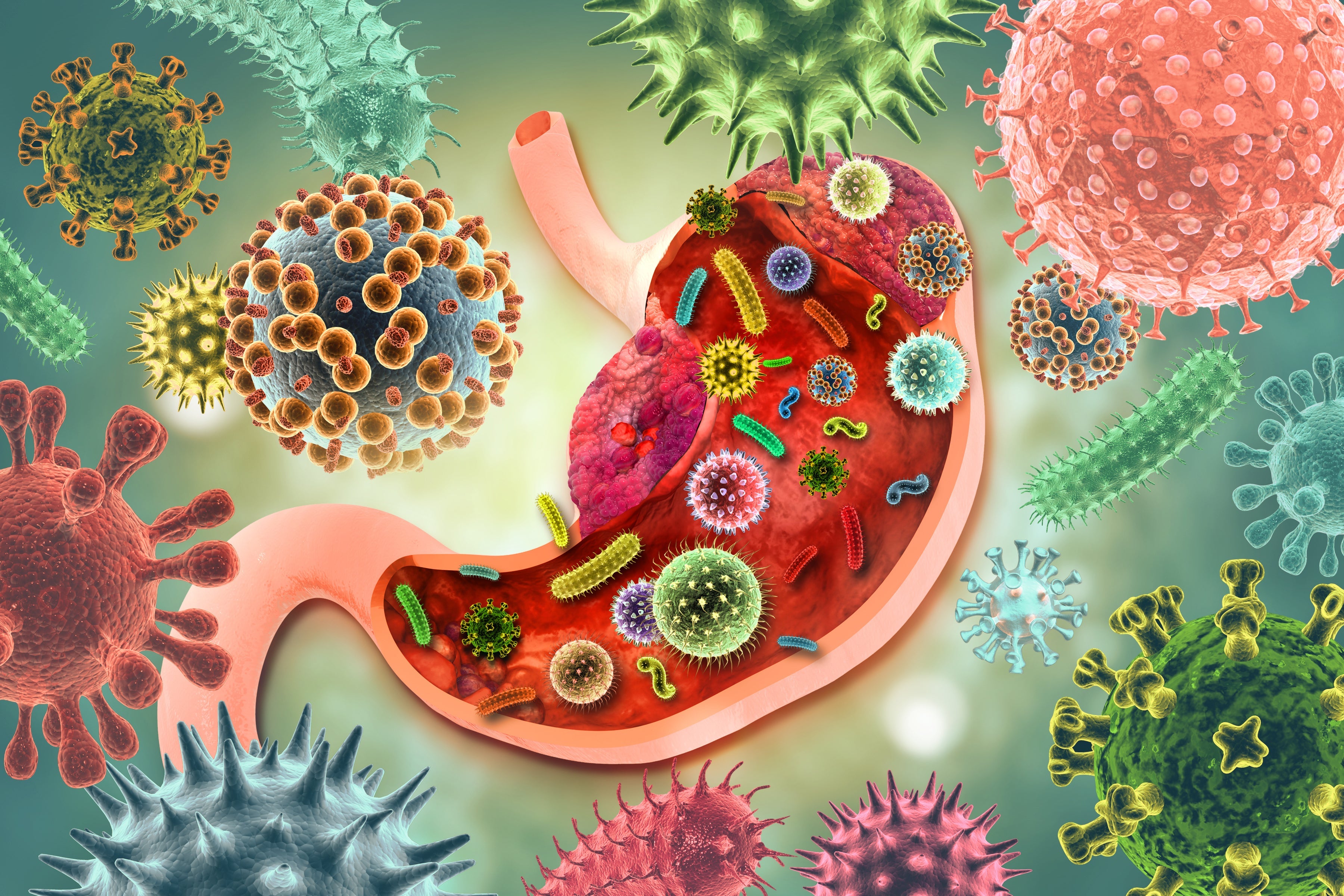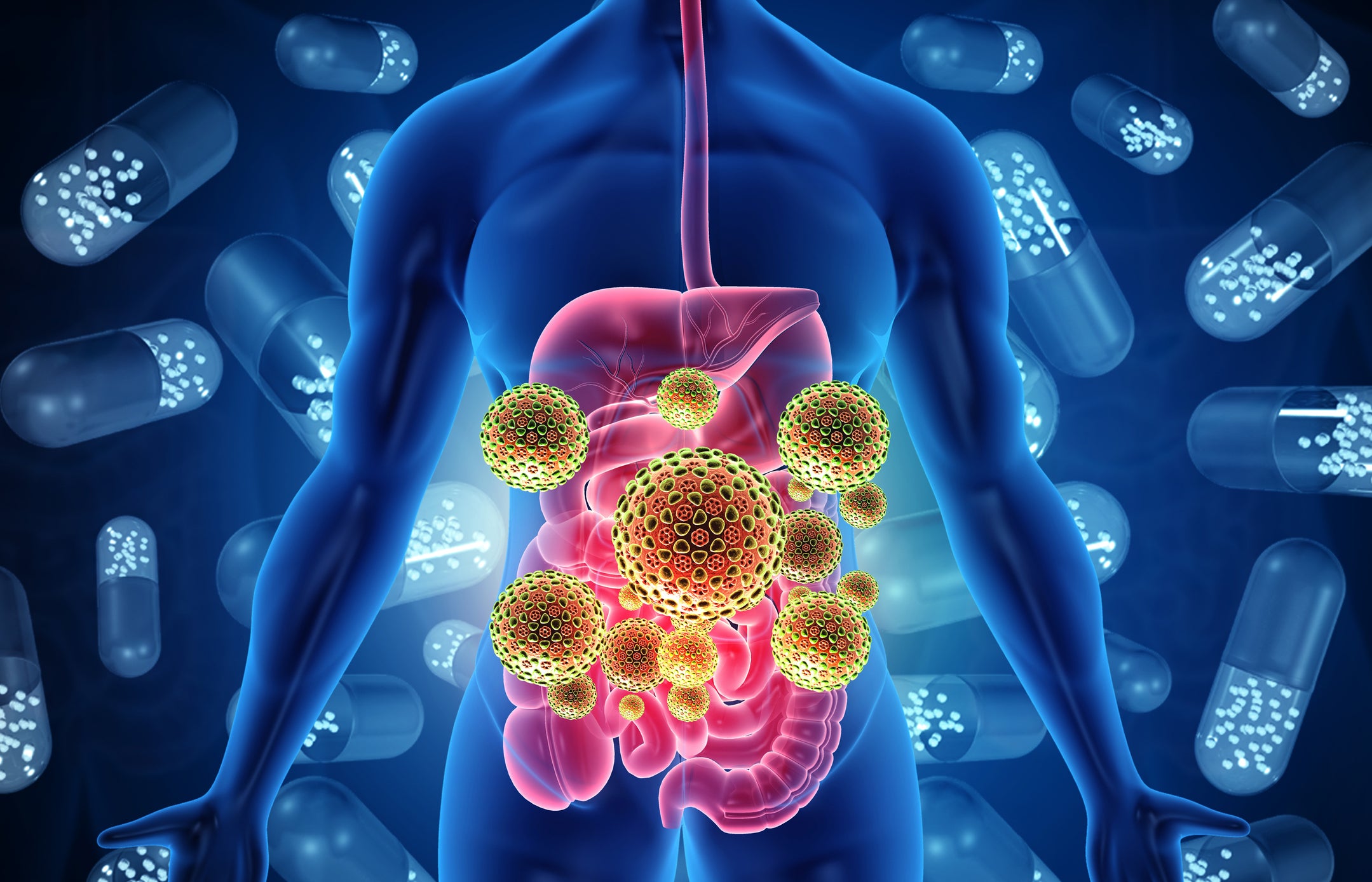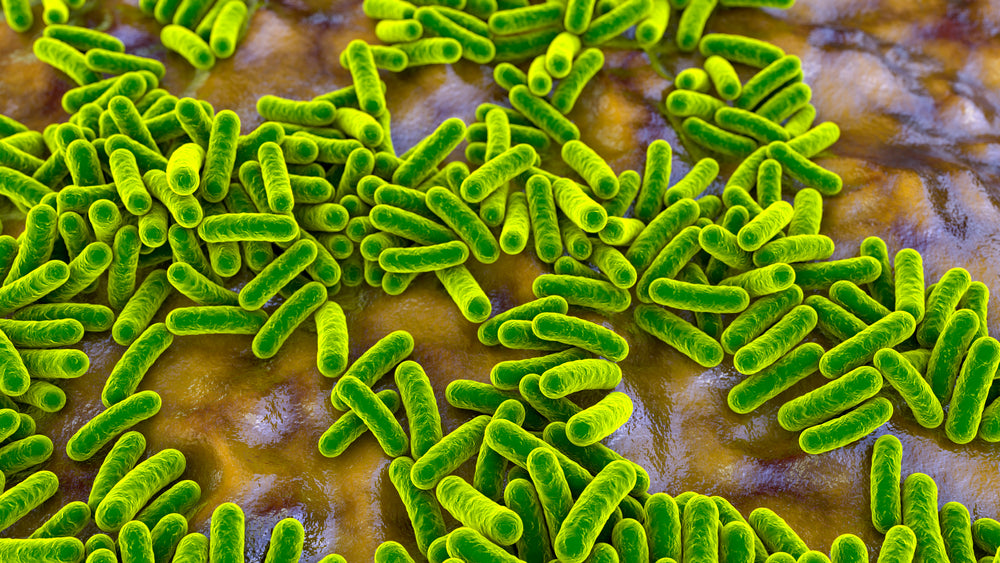Ketogenic diets recently overtook Paleo and vegan/plant-based diets as the most searched diets. They certainly are the buzz right now, but a lot of people are confused about what ketogenic diets are and how they might benefit from them. Read on to learn everything you need to know about a ketogenic diet.
What’s a Ketogenic Diet?
The ketogenic diet is a very low-carbohydrate diet. It’s typically also low to moderate in protein and high in fat. Originally, the medical ketogenic diet contained at least 80% calories from fat, with low protein and very low carbohydrate intake. Now, most people use modified ketogenic diets that can have as little as 60% calories from fat, especially if medium-chain triglycerides (MCTs), are included in the diet, as these fats are easily converted into ketone fuels, making the diet easier to stick to and with similar results.
So, a keto meal typically includes protein from meats, fish, chicken, eggs, tofu, tempeh, nuts or seeds, or even small amounts of sprouted legumes, along with fats from oils (e.g. olive, macadamia, flax, hemp, butter, ghee, coconut oil). A good keto diet should also contain LOTS of fibrous (low-carb) veggies such as greens, broccoli, cauliflower, eggplant, peppers, tomatoes, and even some carrots and pumpkin. You can even follow a vegan keto diet!
Nutritional Ketosis
Ketogenic diets cause a unique state in the body called nutritional ketosis. When the body is deprived of carbohydrates, it needs to create an alternative fuel for the brain and nervous system. It creates ketone bodies from fat (and some amino acids) to provide a readily usable, fat-derived fuel that the brain and most cells of the body can use. In fact, these ketone bodies provide more usable fuel to the brain than glucose by weight, and this fuel creates less oxidation and glycation related damage to brain-cells than either fat or glucose respectively. So, in short, the brain likes ketones!1
Is Nutritional Ketosis Safe?
We are often taught that ketosis is ‘dangerous’ because it is (wrongly) considered to be metabolic ketoacidosis. Ketoacidosis (such as Diabetic ketoacidosis (DKA) is a potentially fatal condition characterized by a triad of hyperglycemia (high blood sugar levels), drastically increased total body ketone concentration and metabolic acidosis.2
It results from uncontrolled diabetes mellitus or alcoholism, NOT from normal, nutritional ketosis.
Keto Benefits
Ketogenic diets have been used to successfully treat childhood epilepsy since the 1920s and much of our knowledge about the diet and its effects have come from this area. More recent research highlights a potential role for low carb and keto diets for a range of other conditions.
-
Brain health: High carbohydrate diets are thought to play a role in the causation of Alzheimer’s Disease, and ketogenic diets offer a potential treatment option.3 Early research also suggests that a ketogenic diet can reduce Parkinson’s Disease activity.4
-
Weight loss: It has been demonstrated that LCHF diets are more effective for early weight-loss than a standard low-fat, high-carb diet.5-8
-
Diabetes and Metabolic Syndrome: Obesity is closely linked with Type 2 Diabetes. Metabolic syndrome is treated most effectively by lower-carbohydrate diets.9-11
-
Cancer: Most cancer cells are predominantly glycolytic (sugar burning). Reviews of the published scientific literature for both animal and human research suggest a role in cancer treatment for the ketogenic diet as it may be ‘toxic’ to cancer cells and effectively starves them of priority fuel for continued growth and progression, and is well tolerated and safe for patients.12, 13 It must be noted that although promising, this is highly preliminary and there is some evidence that some cancers may become more aggressive with the use of a ketogenic diet.
- Autism: Very early (and highly speculative) preliminary evidence suggests a possible adjunct treatment role of a ketogenic diet in the reduction of seizures in autistic children14 and in reducing symptoms of autism.15
No diet is ‘perfect’ for everyone. Some people thrive on high carb diets, some on very-low-carb and many somewhere between these extremes! But keto diets can provide benefits for weight loss and maintenance and can have other health benefits besides these.
How Nuzest Can Help a Keto or Low-Carb Diet
While a keto diet isn’t typically a high-protein diet, protein should still be the base of keto-friendly meals. For meals that you can’t prepare easily, or you’re on the run, Clean Lean Protein helps to provide the base for a ‘smoothie meal’ when combined with healthy fats (like MCTs, coconut cream, flax or olive oil), veggies and berries. For vegan and vegetarian people wanting to try low-carb, Clean Lean Protein is also an easy way to get protein into the diet without excess carbs (as many vegan protein foods can also have a little too much carbohydrate for a very low-carb diet). Coconut Coffee + MCTS Clean Lean Protein provides your body with protein and necessary fats.
Most people don’t always get all that they need from diet alone and so, a multivitamin is essential to help cover your nutritional bases.
References
- Schonfeld P, Reiser G. Why does brain metabolism not favor the burning of fatty acids to provide energy[quest] - Reflections on disadvantages of the use of free fatty acids as fuel for brain. J Cereb Blood Flow Metab. 2013;33(10):1493-9.
- Kitabchi AE, Umpierrez GE, Miles JM, Fisher JN. Hyperglycemic Crises in Adult Patients With Diabetes. Diabetes Care. 2009;32(7):1335-43.
- Henderson ST. High carbohydrate diets and Alzheimer's disease. Med Hypotheses. 2004;62:689-700.
- Vanitallie TB, Nonas C, Di Rocco A, Boyar K, Hyams K, Heymsfield SB. Treatment of Parkinson disease with diet-induced hyperketonemia: a feasibility study. Neurology. 2005;64:728-30.


















































